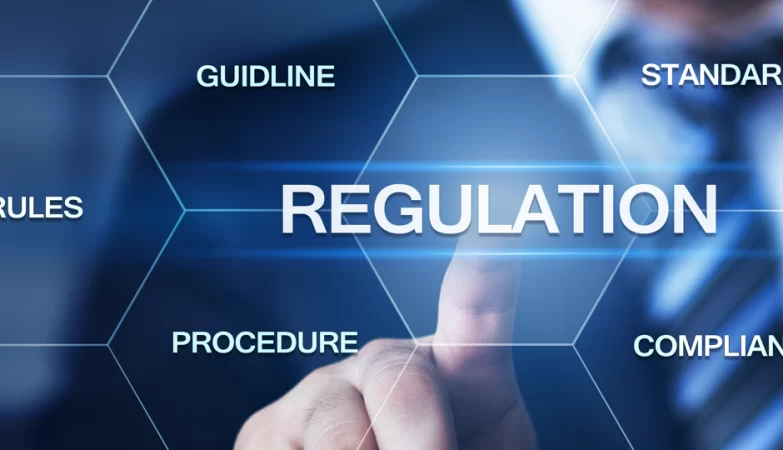Effective sales team training is key for building or expanding an effective sales force. Here are a few strategies that will assist.
Role-playing can be an effective method of training your team, giving each rep an opportunity to practice a real-life scenario while receiving coaching and feedback in real time.
1. Scripting
Provisioning your salespeople with effective scripts during training and onboarding reduces the time they must spend learning about your products, services, and customer interactions, enabling them to become confident and competent much more rapidly in their roles.
Once a new rep understands their conversational expectations with prospects, it helps put their nerves at ease and can alleviate any insecurity about speaking directly with them. When prepared properly, their performance will only get better over time.
However, an effective sales script doesn’t restrict reps from adding personal touches and making the experience feel natural for their customer. Encourage your team to incorporate their own words to personalize the experience for customers while being sure that they know exactly what to say.
2. Role-playing
Role-playing gives your sales team the opportunity to practice and perfect key selling strategies, from handling common objections such as price, timing, value and competitor relationships to closing techniques such as asking for the sale and overriding customer indecision. Utilize results of your customer interviews as the basis for role-playing scenarios your team regularly encounters in your showroom.
One effective way of honing negotiation skills is for reps to take turns acting as the prospect and their sales leader acting as buyer. Ask them to give feedback after each round and compile a list of winning tactics for later training sessions.
Reinforcing these strategies regularly is also important to long-term performance, or else the results of your training will only last temporarily.
3. Feedback
Feedback is an essential tool in understanding one’s impact on others and improving performance. For a sales team, this means providing constructive criticism that helps identify areas they must improve upon.
Encourage your sales reps to share their best practices with the team through workshops or videos, but it might also be worthwhile inviting industry thought leaders who can provide mentorship for your salespeople.
Make sure that all sales roles, such as business development representatives (BDRs), account executives and others, are clearly defined and their key responsibilities reflected during training sessions. This will equip each person to excel in their respective roles while giving more context when it comes time to evaluate progress.
4. Empathy
Empathy is an integral component of successful sales skills that enable users to form relationships and close deals while building customer loyalty and customer retention.
To foster empathy in salespeople, they should care about how their prospects and clients feel and be able to express that understanding through active listening without passing judgement on.
Salespeople can become easily disoriented by their products; for instance, when selling storage solutions they may get caught up in all of its features and benefits without thinking through how this solution actually solves a business problem for customers.
Sales leaders can support their team by empathizing with them, including providing regular feedback and coaching sessions. This aspect of sales enablement and training is often neglected in organizations.
5. Confidence
Constructing confidence among your sales team members is an essential sales training technique, since confident individuals tend to take more risks and think outside the box than less-confident counterparts. Furthermore, they’re likely to collaborate and support one another during tough situations.
Finally, confident individuals are more likely to seek assistance and learn new skills. Make sure your sales training program includes strategies that build confidence – such as role-playing or shadowing high-performing reps – in order to foster this ability in employees.
Your team’s sales training needs and objectives dictate which techniques work best, but it’s essential to remember that sales training is an ongoing process; periodic performance reviews can help identify areas for improvement while tracking success of current training programs.









